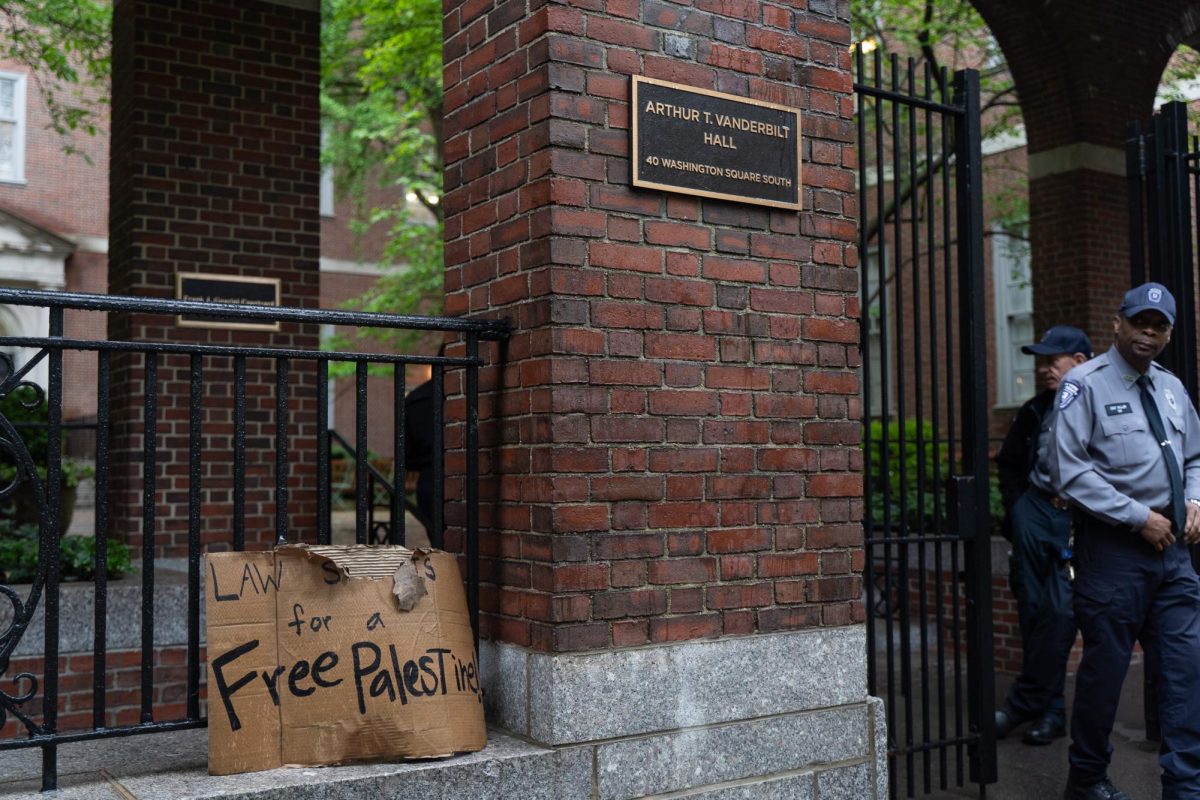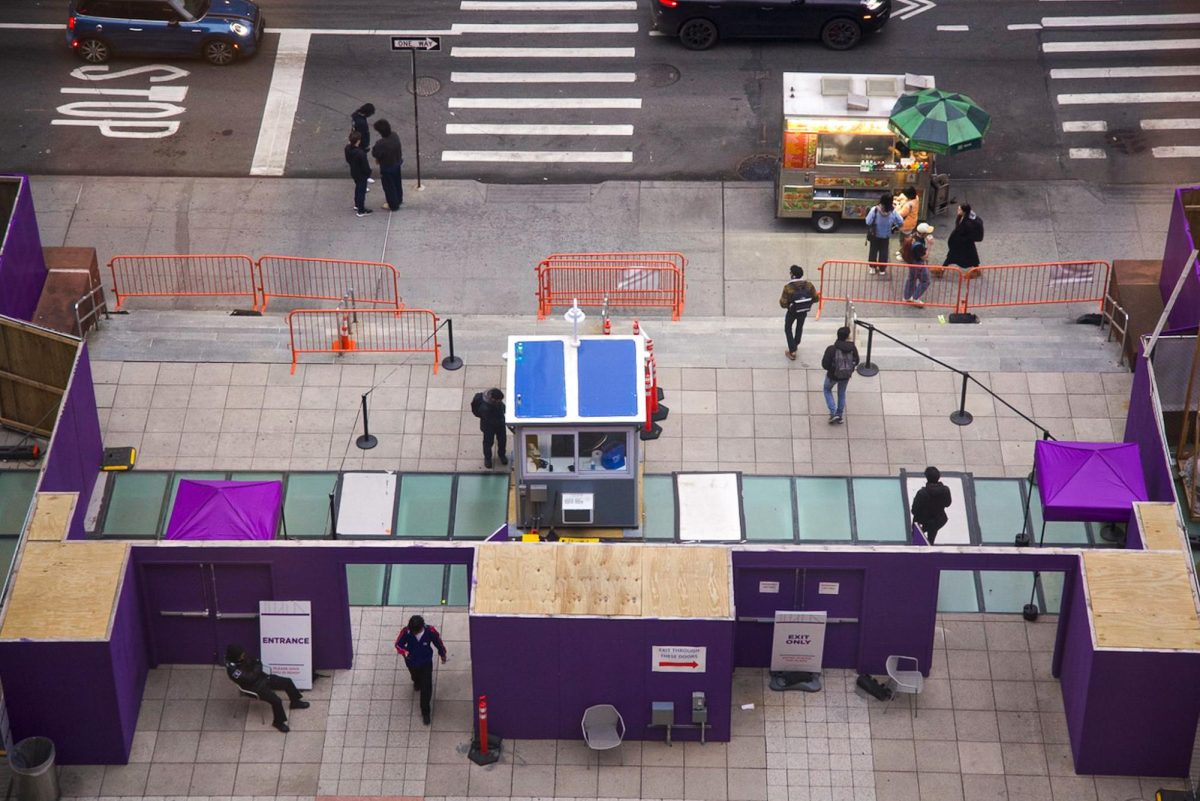On Thursday, the Senate’s Gang of Eight consisting of four Democrats and four Republicans unveiled its new proposal for an overhaul in U.S. immigration policy. Drawn up with intentions of appeasing both sides of the aisle in Congress, the long-awaited plan delivers in both providing a track toward citizenship for the 11 million undocumented immigrants already in America, as well as covering provisions for tightening border security to keep those numbers from rising.
Republican support for immigration reform that endorses a “path to citizenship” is, at best, erratic. A 2007 immigration bill with many similar provisions failed in the Senate due to Republican claims that the reform act was too lenient and rewarded amnesty to undocumented immigrants.
There are high hopes among millions of immigrants, as well as among the politicians who have spent months working on the legislation, that this bill will finally make it through Congress. But does the bill vary enough from its 2007 counterpart to assuage Republican fears?
The similarities of the two bills are apparent: both call for elimination of the diversity lottery, significantly increase border security and restrict family immigration to some extent. The 2013 bill eliminates the incredible backlog in the family and employment-based immigration system and increases spouse and child visa limits while controversially cutting sibling visa distribution. It also sets up a 10-year path toward green-card eligibility for working immigrants, who can then apply for U.S. citizenship within three years of obtaining a green card.
While a large portion of the bill focuses on streamlining the citizenship process for undocumented immigrants, a significant part of the legislation is devoted to keeping conservatives on board. To avoid alienating Republican supporters, over $5 billion will be allotted toward increasing law enforcement on the ground and advanced surveillance technology, which is more than was proposed in 2007.
Despite opposition to shifting focus from family ties to work skills in determining legal eligibility, the bill has been acknowledged by both sides as a compromise and has received support from labor and business groups across the country. Perhaps it isn’t the differences in the two bills that will change the outcome this year but the difference in circumstance.
While some Republicans are still hesitant or outright opposed to accepting the bill, their stances on immigration are outdated and, frankly, detrimental to the future of the Republican Party. With the rapidly rising pull of the Latino vote, Republicans like Gang of Eight contributors Sens. Marco Rubio and John McCain realize the importance of opening up their political platforms to accommodate an ever-changing America.
Republicans are frequently criticized for being out of touch with the country as a whole — their archaic positions in domestic policy and their old-fashioned values in a liberalizing, young country will hurt them in the future, just as they brought on defeat in the 2008 and 2012 presidential elections. Fifty-five percent of Republicans in the United States believe that immigrants are a burden on the country’s economy — this opinion needs to change, if not for the better of the country as a whole, then at least for their political party.
Immigrant communities are now a major factor in elections nationwide, and Republicans have lagged behind in garnering diverse support. President Barack Obama has said he is adamant in doing whatever he can to pass the bill, but, as we saw with the failure of the new gun control reform bill, sometimes national public support is not enough to rouse politicians. However, this time, passage of the bill would be in many Republicans’ personal political interests — that on its own might be enough for some congressmen to vote yes.
Nina Golshan is a staff columnist. Email her at [email protected].





















































































































































